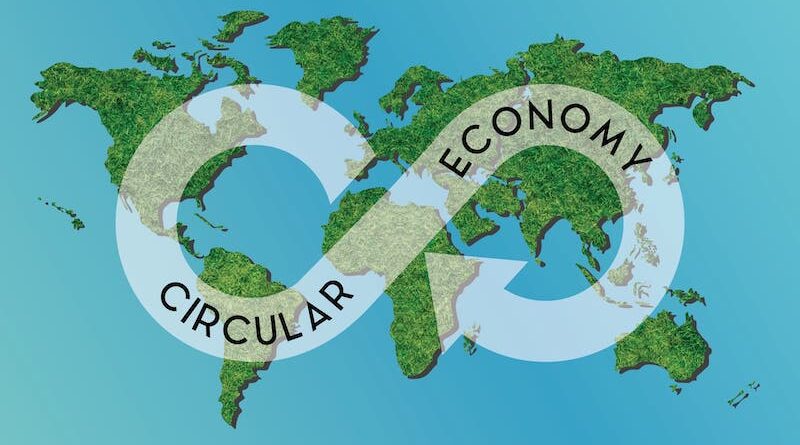
Putting cities and regions at the heart of the circular economy
The circular economy is the answer to a global issue enabling us to address the current environmental challenges threatening our planet (such as plastic pollution, to name but one). We all know that to be successful, it requires the cooperation of different international actors (governments, producers, consumers, etc.). Nonetheless, one should not forget that the local levels are parts of the equation and the urban dimension is crucial.
For ACR+, it is nothing new and here is why cities and regions should be placed at the heart of the circular economy. For years, the network and its members have been advocating for the transition from a linear economy to a circular economy with a strong focus on the regional and local level.
We are working to give reality to a new way of producing and consuming that reduces the amount of raw materials used while sustainably using other resources such as water and energy. This will be reached through the development of eco-design, the strict application of the waste hierarchy but also of the territorial hierarchy.
As a reminder, the waste hierarchy is based on the Lansink’s Ladder, according to which reuse must be promoted before recycling or energy recovery, and landfill remains the least favourable action. The territorial hierarchy, a concept at the centre of ACR+ vision, can be summarized by the motto “think global, act local”. It consists in promoting the local level as much as possible. In this way, the environmental impacts are less important, especially when thinking about environmental impacts of transport, and the local economy is flourishing.
Back to circular economy… The first definitions of this now well-known model of production and consumption referred mainly to sustainable waste management. Under this view, decentralized authorities come into the picture in a rather straight-forward and simple way, since municipal waste management is usually dealt with at local level. As a matter of fact, most infrastructures are the property of municipalities or inter municipalities. Collection and treatment services are considered as a public service, directly managed by public companies or “delegated” to private ones.
We must go beyond that “mere” waste management competence. Decentralized public authorities are key players in the transition to a circular economy thanks to other competences they have in hand.
They deliver concrete actions in sectors like building, food or manufactured products and are the best advocates to convince citizens/consumers and local producers to speed up the adoption of sustainable production and consumption habits. In short, local authorities are those who can deliver concrete solutions and make things happen on the ground for citizens.
When it comes to sustainable consumption, regions and cities have certainly a role to play in raising public awareness and in facilitating access to sustainable goods and services. Many inspiring solutions have already been explored and successfully implemented – yet often still deserving more light – by decentralized authorities across Europe: local take-back obligations, rewarding the use of sustainable products or subsidizing activities like repair or reuse services in order to boost them on the market.
Regarding production, local economic incentives and legal obligations towards producers can help making it sustainable. Cities and regions can support and facilitate the local production of food, push for a circular building sector by encouraging the use of local materials, making mandatory to manage in a sustainable way demolition and construction waste on sites, etc.
Without forgetting the important role Circular Public procurements can play to boost such a true sustainable production.
But here again, it is just the beginning, a small piece of the puzzle. In order to really change the paradigm, the circular economy should be approached under a broader perspective, insisting not only on holistic and systemic approaches but also on a collaborative approach where all stakeholders of a value chain share the same objective and work together in order to achieve it. A cultural shift is needed since cultural barriers are the biggest ones on our current path to a resilient Europe. All aspects of sustainability, especially social, cultural and political ones are to be considered in the circular solutions that are developed. Who else but the cities and regions can grasp all these aspects at once?




